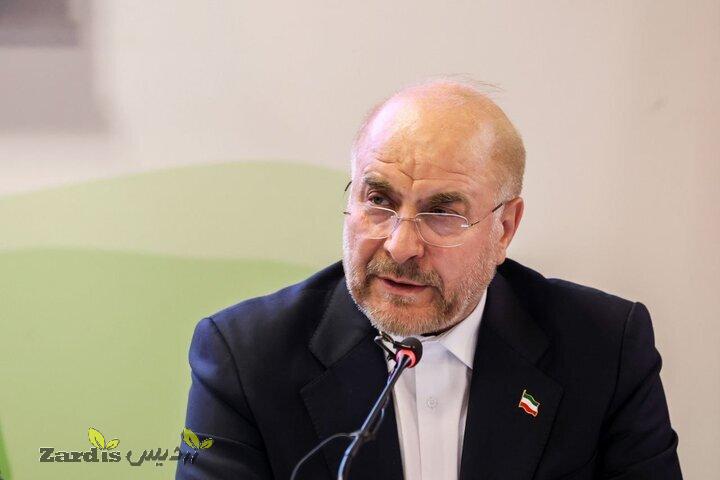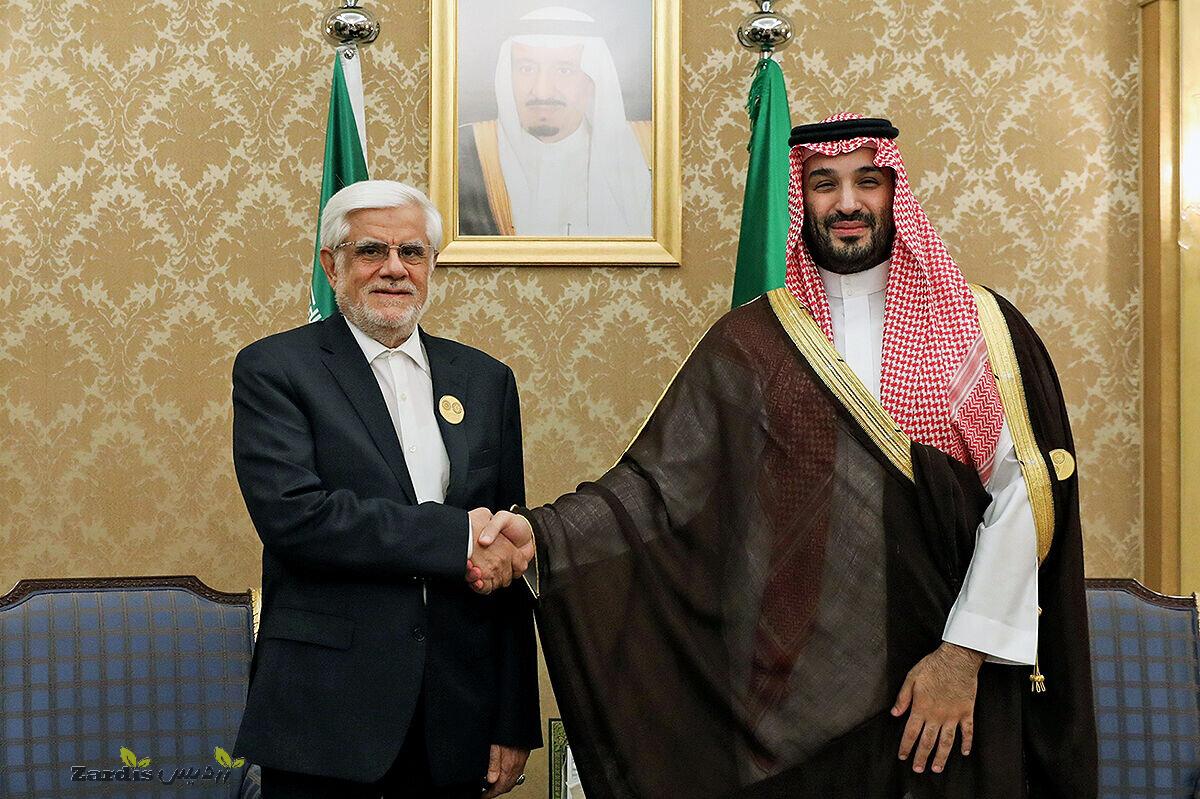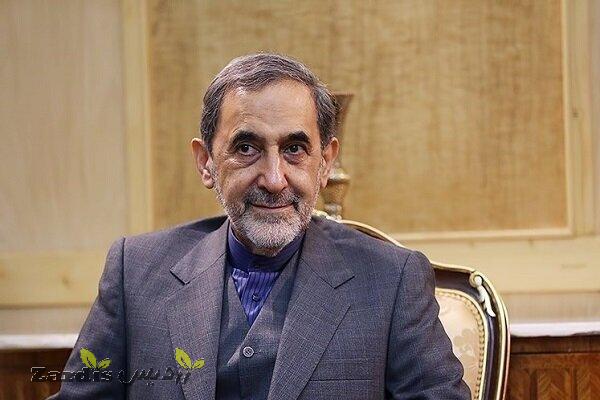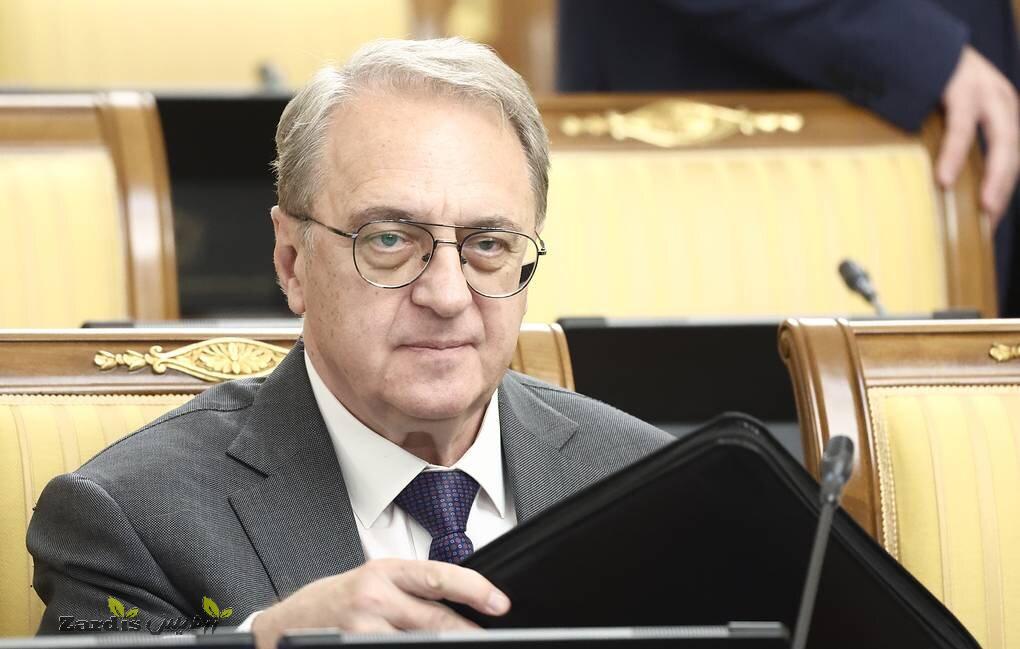TEHRAN – While Iran has made it clear that the resumption of the Vienna nuclear talks is only a matter of time, western parties to the 2015 Iran nuclear deal mount pressures on Tehran to resume the talks in the latest sign that U.S. sanctions have failed to intimidate Iran.
Over the last few days, the situation around the nuclear deal, officially known as the Joint Comprehensive Plan of Action (JCPOA), has become even more complicated, with the United States undertaking shuttle diplomacy to convince other parties to the deal into urging Iran to return to Vienna as soon as possible.
To this end, U.S. Special Envoy for Iran Rob Malley started a global tour that includes Russia and France. In Moscow, he met with Russian Deputy Foreign Minister Sergei Ryabkov to discuss “the prospects of restoring full-fledged implementation of the Joint Comprehensive Plan of Action,” according to the Russian foreign ministry.
Earlier On September 7, the U.S. State Department had confirmed in a statement that Malley’s journey was to make “consultations with our Russia and European partners on Iran’s nuclear program and the need to quickly reach and implement an understanding on a mutual return to compliance with the Joint Comprehensive Plan of Action.”
After consultations in Moscow, Malley will meet diplomats from France, Germany, and the UK in Paris ahead of a board meeting of the International Atomic Energy Agency on Monday.
On the same day Malley met Ryabkov, Russian Foreign Minister Sergei Lavrov phoned his Iranian counterpart Hossein Amir Abdollahian to discuss the JCPOA, among other issues.
The Iranian and Russian foreign ministers exchanged views on the JCPOA and the Vienna talks with Lavrov, saying Moscow, like Iran, does not accept any change in the nuclear deal and demands full implementation of the agreement, according to the Iranian foreign ministry.
The thrust of the U.S. push is to build a consensus among the P5+1 group of countries that stalled Vienna nuclear talks should be resumed as soon as possible, indicating a sense of frustration over the failure of the so-called maximum pressure campaign of the U.S. in forcing Iran into giving more concessions regarding the revival of the JCPOA.
Former U.S. President Donald Trump pulled the U.S. out of the nuclear deal in May 2018, starting a pressure campaign he dubbed “maximum pressure.” In his election campaign, Joe Biden had vowed to change course and relinquish this campaign in favor of resuscitating the JCPOA.
Nearly a year into his administration, Biden is yet to deliver on his campaign promise. Instead, he keeps clinging to Trump’s maximum pressure in the hope of using it as leverage to extract more concessions from Iran in a bid to “lengthen and strengthen” the nuclear deal.
But six rounds of Vienna talks proved that what Biden seeks is near to impossible. After months of diplomatic wrangling, the Biden administration now can only hope for a resumption of talks, not more. And even for that, it is resorting to diplomatic pressure, something that has proven futile. The U.S. economic pressures against Iran have backfired, putting Iran in a comfortable position that allows for more time away from Vienna.
In an apparent effort to turn up the heat on Iran, Washinton and its allies seem to be mulling a censure motion against Iran at the next meeting of the IAEA board of governors, which is expected to take place on Monday.
The Guardian reported that the European powers and the U.S. would decide on Friday whether to censure Iran in response to a “damning” report by the IAEA.
It is becoming hard for the west not to table some censure given the clear public warning by Rafael Grossi, the director-general of the International Atomic Energy Agency, on Tuesday that the IAEA’s activities in Iran had been severely undermined, the British newspaper added.
The IAEA said in two reports to member states reviewed by Reuters that there had been no progress on two central issues: explaining alleged uranium traces found at several old, undeclared sites and getting urgent access to some monitoring equipment so that the agency can continue to keep track of parts of Iran’s nuclear program.
Citing diplomats, Reuters claimed that the IAEA urgently needs access to the equipment to swap out memory cards so there are no gaps in its observation of activities like the production of parts for centrifuges, machines that enrich uranium.
“The Agency’s confidence that it can maintain continuity of knowledge is declining over time and has now significantly further declined,” one of the two reports said, adding that while the agency needs to access the equipment every three months, it had not had access since May 25.
“This confidence will continue to decline unless the situation is immediately rectified by Iran,” the IAEA claimed.
Reuters report also suggested that the United States and its European allies could push for a resolution at next week’s meeting of the 35-nation IAEA Board of Governors pressuring Iran to yield.
Iran has already warned against such a resolution, saying non-constructive actions would disrupt negotiations. “It is natural that in the case of a non-constructive treatment in the International Atomic Energy Agency, it is unreasonable to expect Iran to have a constructive response. Non-constructive actions naturally disrupt the negotiation process as well,” Iranian President Ayatollah Seyed Ebrahim Raisi told President of the European Council Charles Michel in a recent phone conversation.
Iranian Foreign Ministry spokesman Saeed Khatibzadeh had issued a stark warning to Washington and its European allies over the likelihood of pushing for a resolution against Iran at the next meeting of the IAEA Board of Governors.
“The next meeting of the Board of Governors is a usual meeting. So, no parties should make miscalculations that would impinge on the Vienna negotiations,” the spokesman said.
Zardis news | The latest news of Iran and the world
تمامی حقوق مطالب برای "Zardis news"محفوظ است و هرگونه کپی برداری بدون ذکر منبع ممنوع می باشد.
طبق ماده 12 فصل سوم قانون جرائم رایانه ای کپی برداری از قالب و محتوا پیگرد قانونی خواهد داشت.







